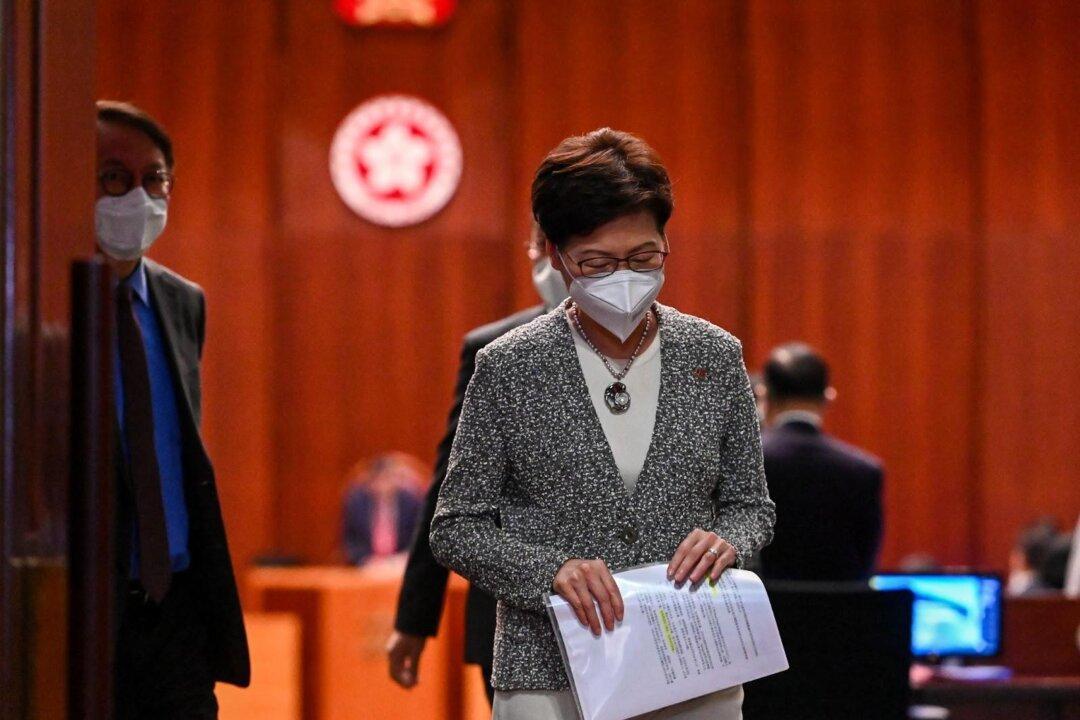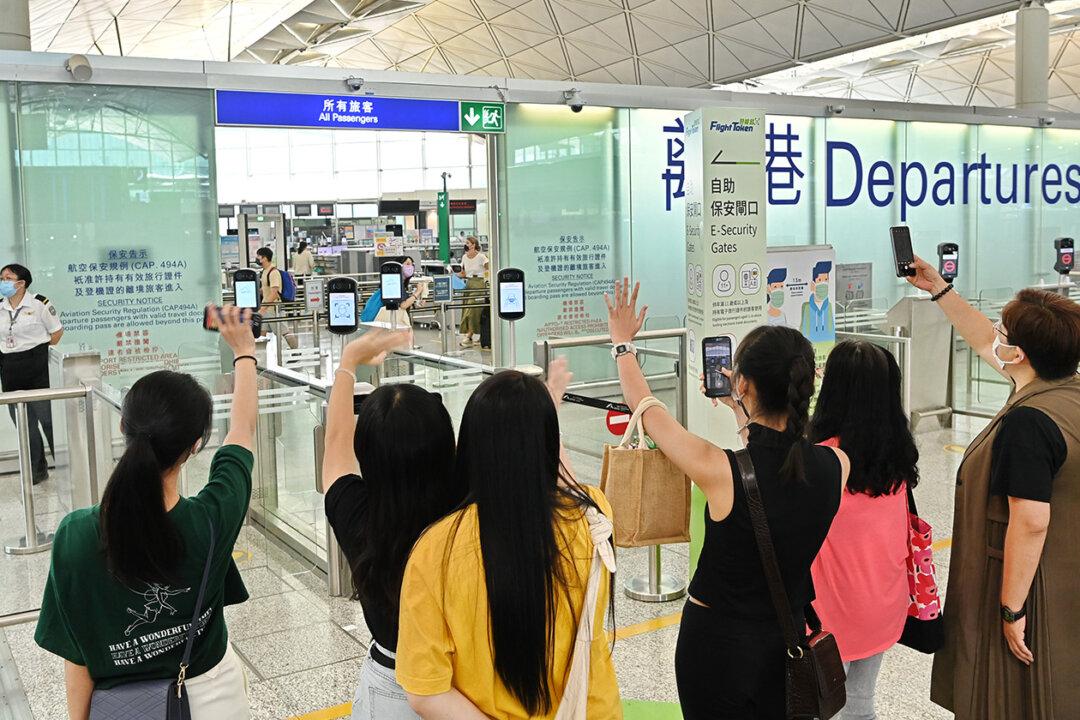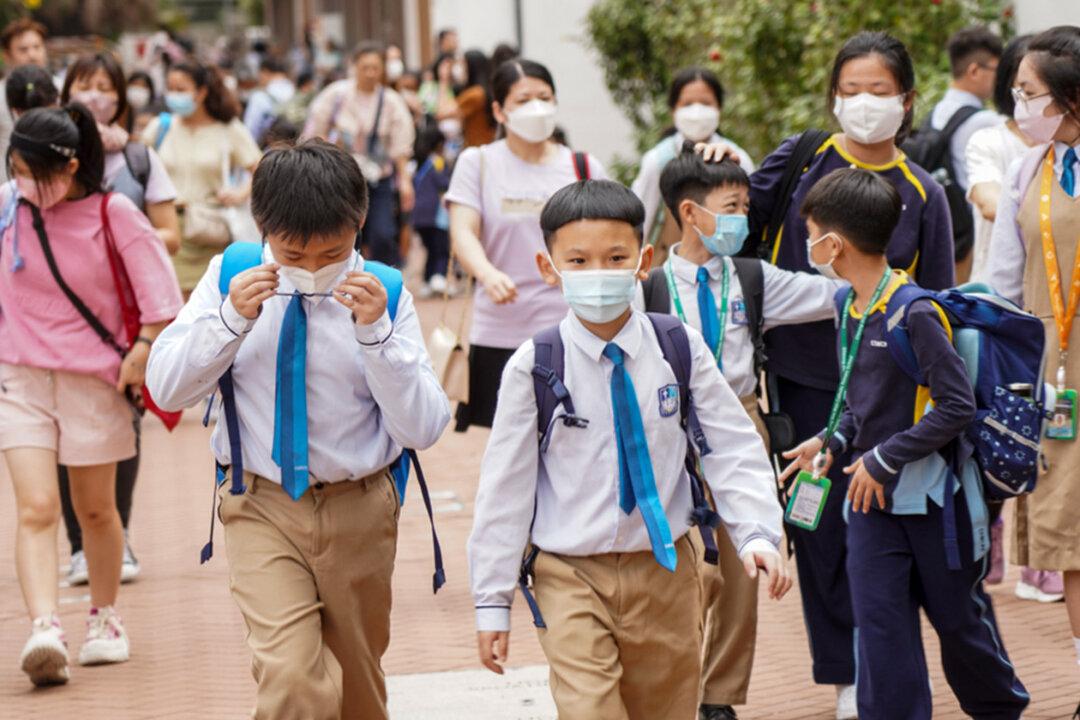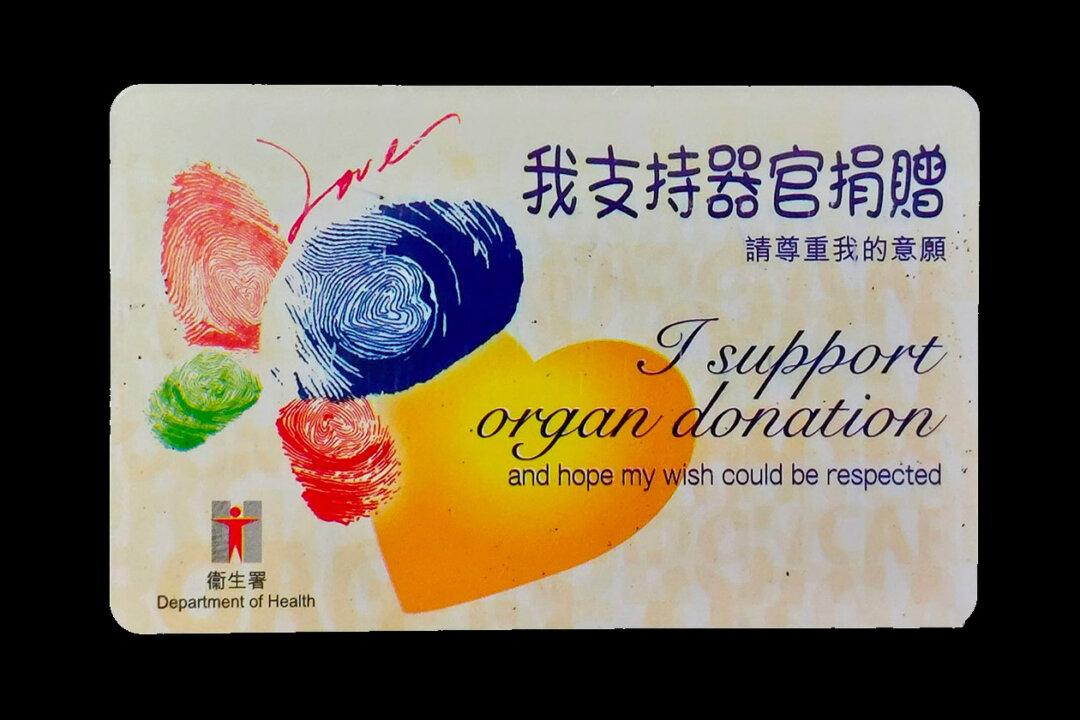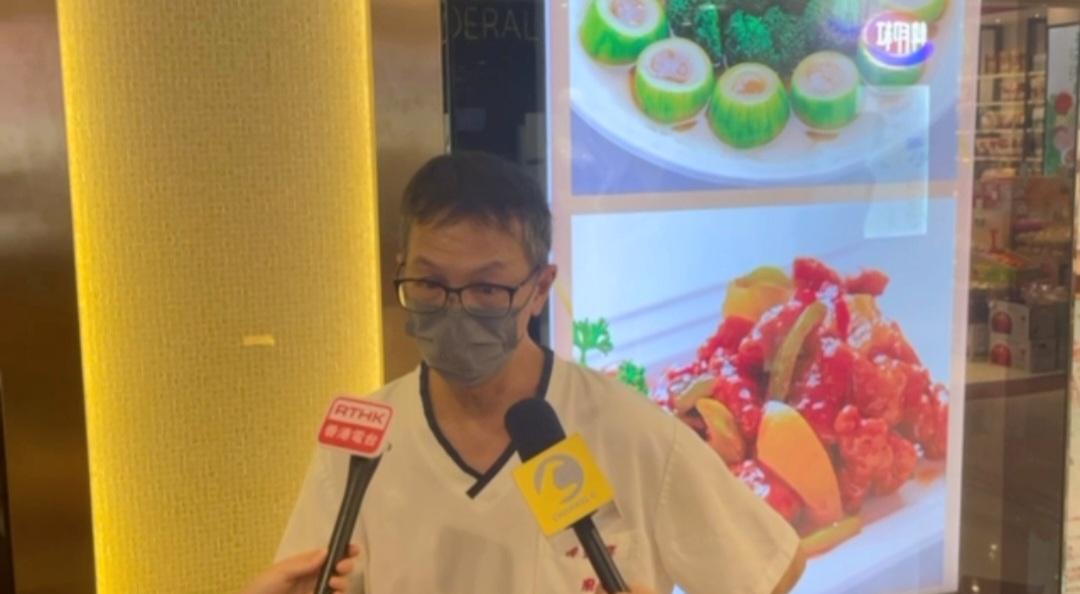Commentary
Former Hong Kong chief executive Carrie Lam failed to make the list of the top the Chinese Communist Party’s (CCP) political advisory body, which means that she will not follow in the footsteps of former chief executives Tung Chee-hwa and Leung Chun-ying to serve as the vice chairperson of the committee and join the list of “national leaders” under the CCP.
